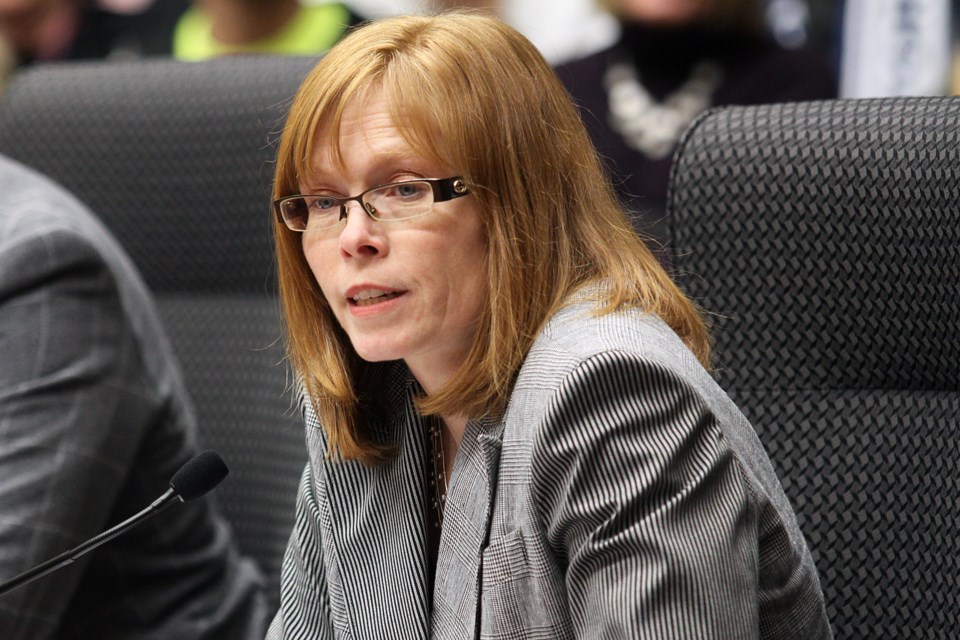THUNDER BAY – The Thunder Bay Chamber of Commerce is calling on city council to remove $2.4 million in tax-funded spending from the proposed 2019 budget.
Chamber officials appeared before Thunder Bay city council during Thursday night’s public pre-budget meeting, pushing for the increase to the municipal tax levy to be capped at two per cent.
The starting point for this year’s budget review process is a levy hike of $6.2 million, amounting to a 3.25 per cent increase from 2018. After factoring growth, it’s a 2.95 per cent hit for existing taxpayers.
The levy is the total amount of money the city would need to collect from the municipal tax base. The levy increase does not reflect the rate of property tax increases.
Chamber president Charla Robinson said the municipal tax levy has increased from $157 million in 2012 to the proposed $195.9 million this year.
“That’s an increase of $39 million – nearly 25 per cent – compared to the average rate of inflation of less than 14 per cent in that same period,” Robinson said. “During that timeframe our total population has remained relatively stagnant and our assessed tax base has declined.”
Since 2010, not a single budget has been passed with a total municipal levy increase of less than two per cent, with every year since 2014 exceeding three per cent. The last year when the levy increase net of growth was under two per cent was in 2014.
Robinson commended city administration and the previous councils for finding $12.2 million in operational savings over the previous seven budgets, with a further $2 million reduction in this year’s proposed spending plan.
But she urged the new council, which is going through its first budget process, to review its services and spending to get a better idea of which non-mandated programs could be expendable.
“Cutting expenses should not be automatically assumed to result in service reductions,” Robinson said. “The private and public sector provide examples of creative service delivery changes that simultaneously reduce costs and improve services.”
The proposed budget would result in water and wastewater rates each being increased by three per cent.
“While the annual added residential water cost of $34 really doesn’t sound like a lot, the compounding of these costs year after year means that our residential water bills are hundreds of dollars more now than they were in 2012,” Robinson said.
“For high water use businesses such as hairdressers, restaurants, hotels, water bills are rising by thousands of dollars each and every year. That is despite the installation of water saving measures such as reduced flow toilets, showerheads and faucets.”
One hotel has indicated their water bill has risen by $15,000 over the last four years, Robinson added.
